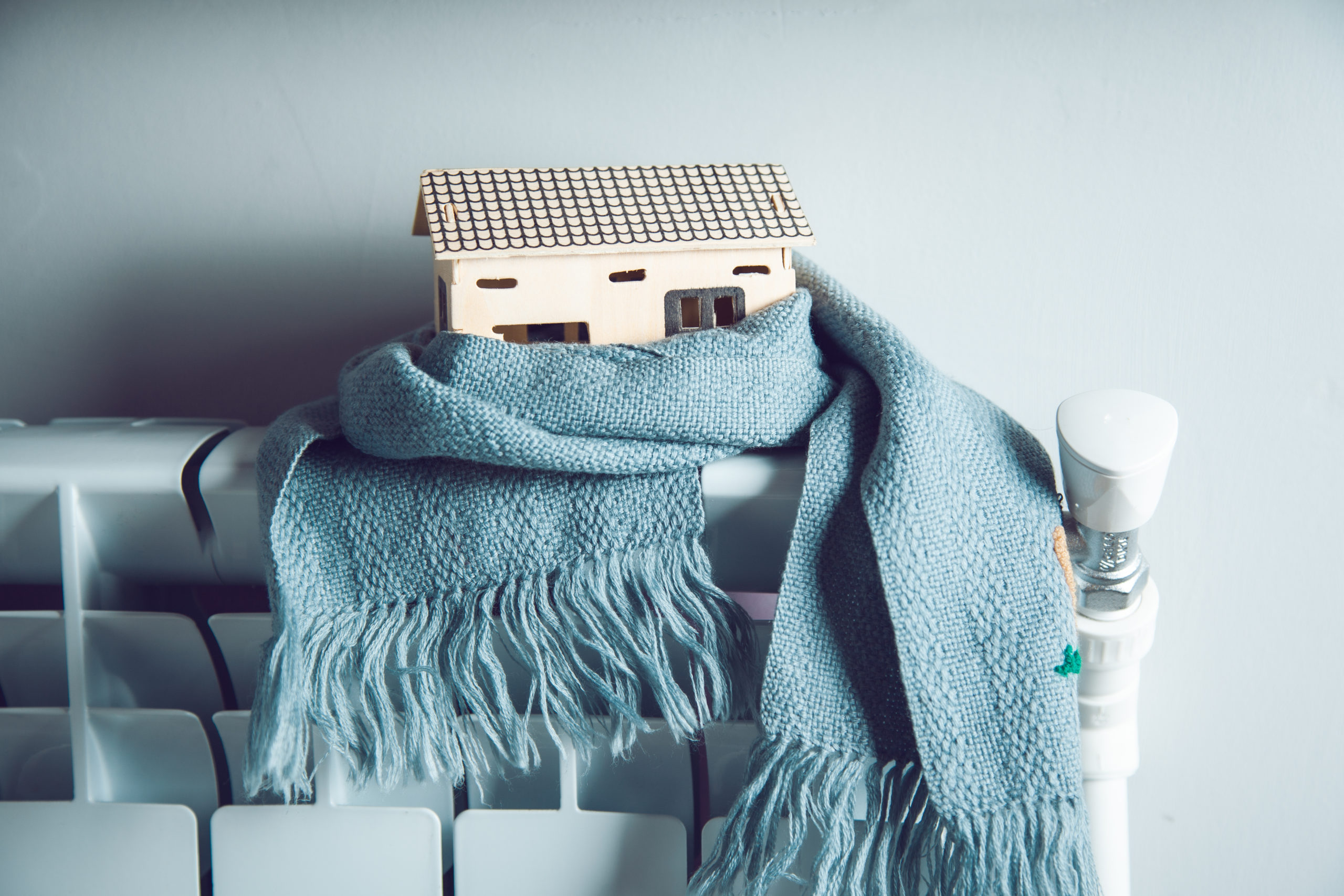
Power costs are falling. So why are your household electricity bills rising?
Winter was coming... but the cold snap has well and truly arrived. The mercury drop means woolly coats, water-proof boots, and eye-watering power bills. In fact, previous research found households use almost a third of their annual electricity in winter and could be paying 40 percent more compared to the summer season.
Getting proactive with your bills can save money and help avoid account rage. We're revealing the true cost of heating our homes, and how we can cut costs without compromising comfort!Should you change companies, will it make a difference?
Yes, because you’ll look for a better deal - the ‘lazy tax’ is charged to those who don’t review bills and end up paying more. Also, for the first time in a long time, the cost of supplying power to our homes has reduced and there are companies prepared to pass on the lower prices to us. That means there are deals to be had. Usually smaller energy companies that want your business are the first ones to pass on discounts. So it is definitely worth shopping around.
And whilst you're shopping around, make sure you get the maximum discount possible on your energy bills by doing some great research. For example, in Victoria, discounts of up to 38 percent are available on gas or electricity. Start your research by contacting your current retailer and asking for a better price, or threatening to switch. Often, smaller retailers promote their discounts on websites to make it easier for people to make the decision to switch to them. Now is a great time to jump online and have a look for a better deal.
What does signing up to a contract mean?
You don’t have to sign up to a market contract usually called ‘a contract’. If you don’t sign a contract with a retailer, you’re automatically assigned to a standard retail contract. A standard retail contract does not have a fixed term so you can change retailers at any time without fees or charges but you haven’t locked in a tariff price meaning you're susceptible to price hikes. Right now, power prices are unlikely to increase in the near future, so look for some good discounts if you sign up for a fixed-term contract.
Should you choose a standard or market contract?
A standard retail contract has the regulated energy price set by the government. Market contracts are a negotiated legal contract between you and the retailer. Market contracts must outline all terms and conditions, including price; service standards; fees and charges; billing and payment arrangements and penalties for early termination/cancellation.
So the decision for you to make depends on if you want to fix yourself to a set price and the same provider for the period of the contract. Just like signing up to a gym contract.
Can you put pressure on your existing supplier to offer a better deal?
Absolutely! Approaching your existing retailer is one of the easiest ways to make your power bills more manageable. Here are some simple tips for you to try:
-
- Check for rebates offered
-
- Meter reading regularity
-
- High bills
-
- Seasonal peaks
-
- Billing intervals
-
- Payment problems
What's the biggest consumer of energy in the average household?

-
- Heating and cooling - 40% of bill
-
- Electric hot water system - 20%
-
- Cooking - 5%
-
- Fridge/freezer - 6%
-
- Plasma TV - 6%
-
- Standby power - 10%
Here are some tips to save on power bills?
In the kitchen
-
- Thaw frozen food in your fridge to reduce cooking time.
- Cook with something smaller than the oven. Still, it's probably not a bad thing to be aware that any time you use a toaster oven, electric skillet, slow cooker, or microwave, you use less energy.
- If you use the stove, keep lids on your pots to reduce cooking time.
- Your fridge is always on, making it one of your most expensive appliances. Make sure the door seal is tight and free from gaps so cold air can't escape. An ideal fridge temperature is 4 or 5 degrees and an ideal freezer temperature is minus 15 to minus 18 degrees Celsius.
- If you have a second fridge or freezer, only turn it on when you need it.
- Use the economy cycle on your dishwasher and only run it when it's full.
- Do some dusting. When the coils underneath or behind the refrigerator are covered with dust, the appliance is working harder and costing you more money.
In the laundry
-
- Washing clothes at night is cheaper if you have an energy tariff which gives you cheaper power at night.
- You can save around $115 per year by washing clothes in cold water. You can also save by making sure you select the shortest appropriate washing cycle and waiting until you have a full load.
- Heat your water off-peak.
- Install a modern low-flow showerhead.
- Use a shower timer
Around the house
In winter, heating can account for over 30 percent of your bill. Set your thermostat between 18 and 20 degrees. Every degree above 20 can add 10 percent to your heating bill. Where possible, shut doors to areas you are not using and only heat the rooms you spend the most time in.-
- Make sure your curtains or blinds seal your windows properly, and keep your curtains closed during the night to reduce head loss.
- Block draughts around doors and windows to stop cool air coming in.
- Turn off when you leave the room, or go to bed. With some ducted heating systems you can turn off the heating in the rooms that are unoccupied. Make sure all your heating or cooling is turned off when you leave the house.
- Replace all regularly used lights with LEDs. Replace old halogen light globes with energy-efficient LED globes. Energy-efficient globes to save power and last longer. Light globes can sometimes be replaced for free or at reduced cost.
- Insulate any exposed hot water pipes.
- Inspect your ducts.
Appliances
-
- Look to the stars. Always look at the star rating when buying whitegoods. Try not to go below 4 Energy Stars if it’s within budget. Short term expense can result in long term savings.
- Switch off. When going to work or bed, completely turn off all equipment including your printer, TV and computer – they all consumer power when they’re on standby Turning off power points can cut 10 percent of household bills
- Ditch your super-hot plasma.
- Check your heaters and air conditioning. Replace your filters. You hopefully are doing this anyway, since clogged air filters often lead to air-conditioning units and other items breaking down. Even if that weren't the case, an unchanged air filter means the air conditioning unit, dryer or what have you will work harder or run longer, and – you guessed it – use more energy.
Outside the house
-
- An insulated ceiling makes a big difference to your energy bills. If you already have insulation installed, check that it is properly installed and has the right rating.
- Air dryer. Try to avoid using your clothes dryer as much as possible. The clothesline is free and environmentally friendly.
- Fit a pool cover.
- Consider the trees surrounding your house. As many arborists will tell you, if you plant deciduous trees – that is, trees that drop leaves during the winter – you'll get sunlight to help heat your home in the colder months.
If you need a new appliance but can’t afford to buy one
If you need an essential household appliance like a fridge or a medical appliance but can’t afford to buy it, you may be eligible for the No Interest Loan Scheme (NILS). NILS provides individuals and families on low incomes with access to safe, fair and affordable credit. Items you can purchase through NILS include household items like fridges, washing machines, stoves, dryers, freezers and furniture.What should we do if we think there is a problem with our bill?
-
- Financial hardship options
- Compare seasonal usage
- Suspend disputed bills
- Use Ombudsman / watchdog






